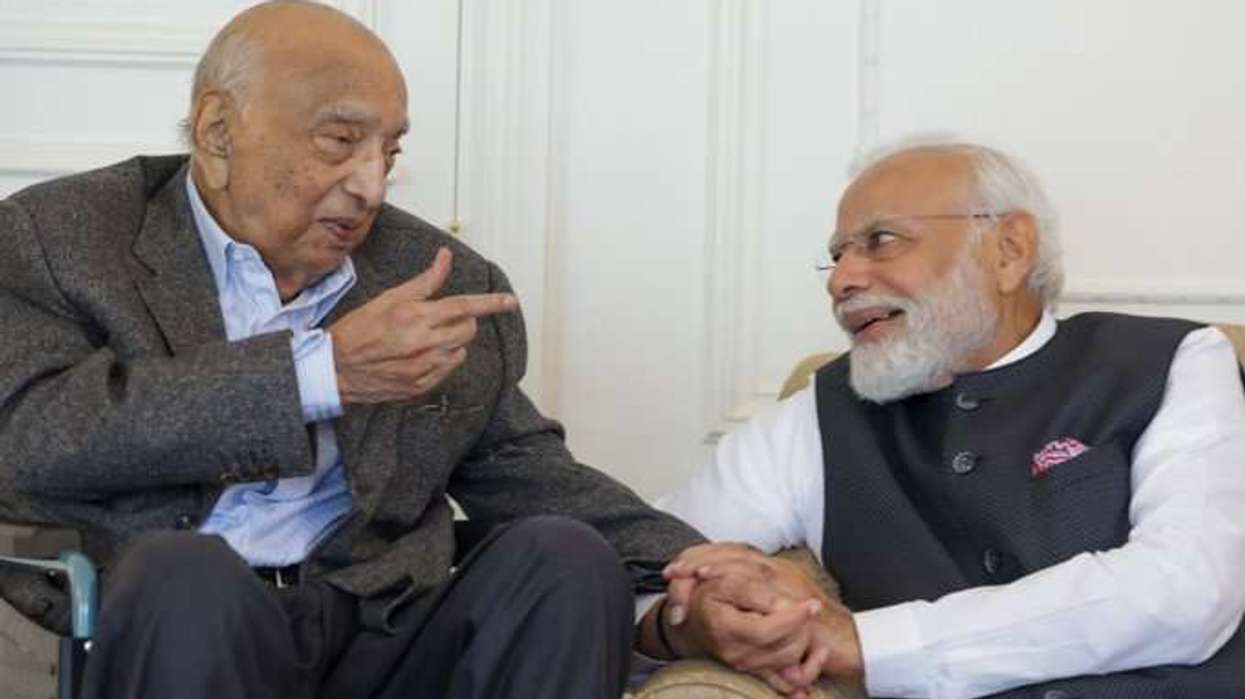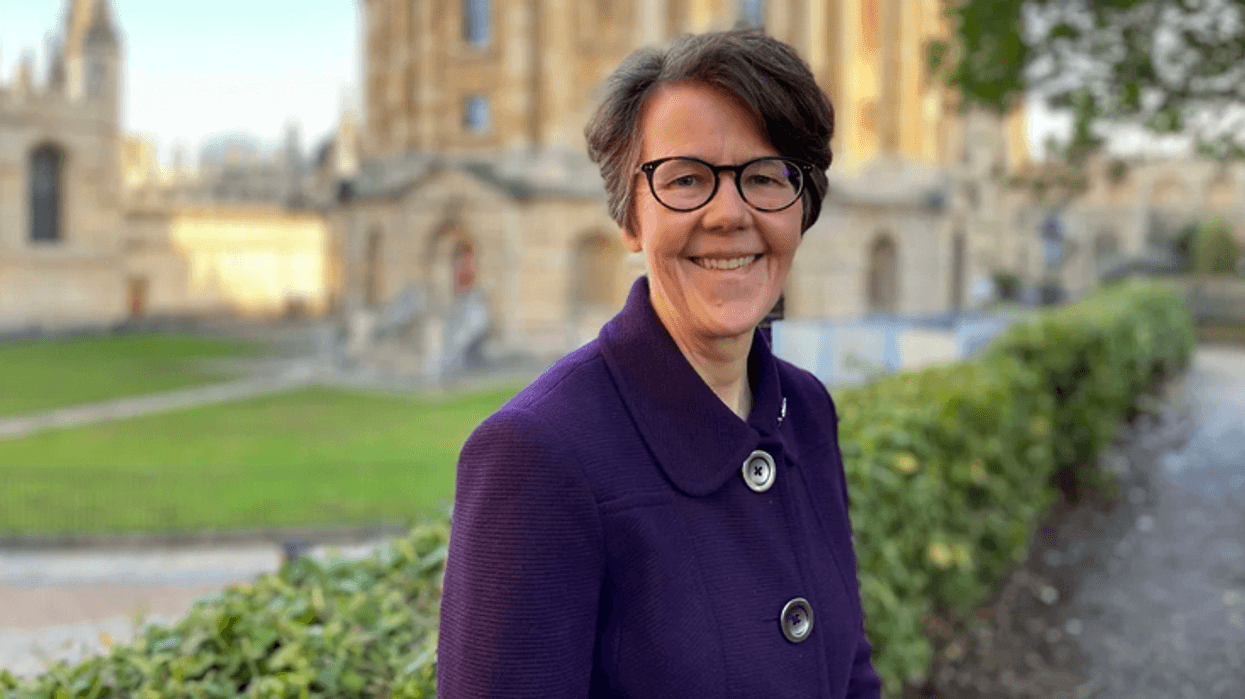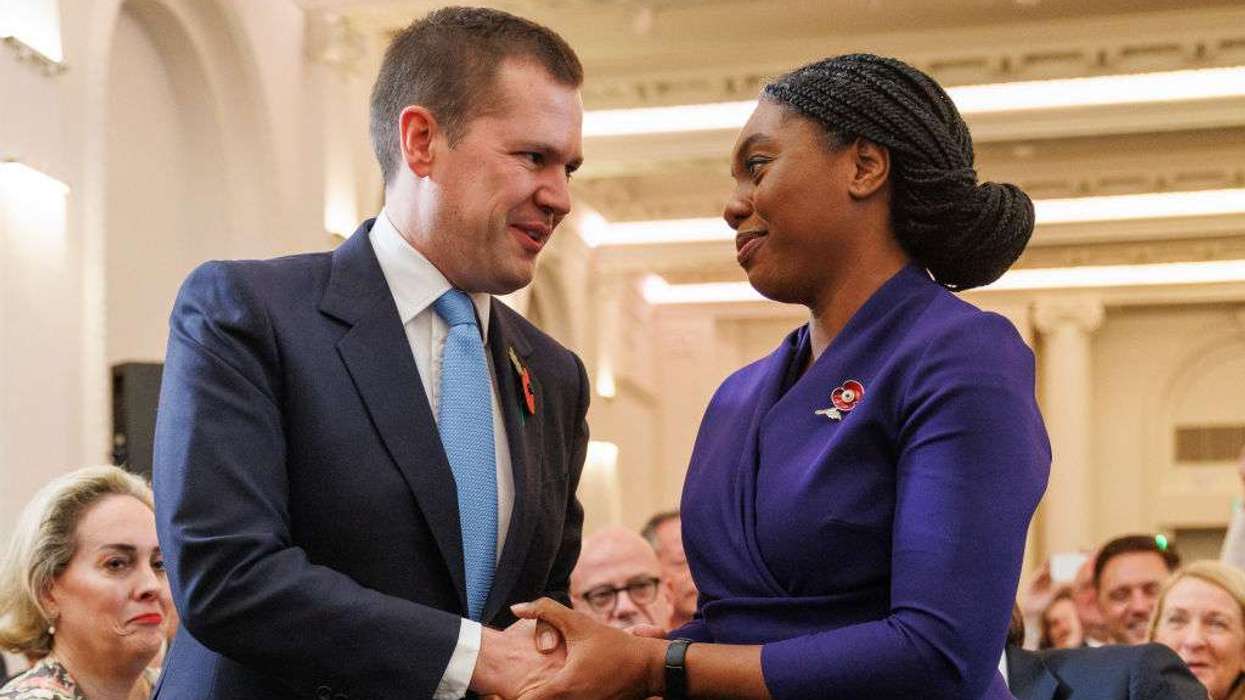Highlights:
- Amber heat health alerts in place for large parts of England
- Hosepipe bans announced in Yorkshire, Kent and Sussex
- Temperatures could reach 33°C over the weekend
- Health risks rise, especially for elderly and vulnerable groups
Heat warnings in effect as UK braces for another hot weekend
Amber heat health alerts have been issued across several regions of England, with temperatures expected to climb to 33°C in some areas over the weekend. The UK Health Security Agency (UKHSA) activated the warning at 12 pm on Friday, with it set to remain in place until 9 am on Monday.
The alerts cover the East Midlands, West Midlands, south-east, south-west, East of England, and London. Additional yellow alerts were issued for the north-east, north-west, and Yorkshire and the Humber, starting from midday Friday.
According to the Met Office, this is the third heatwave of the summer and while temperatures may not surpass July’s earlier peak of 34.7°C, this wave is expected to be more widespread.
Increased health risks for vulnerable groups
The UKHSA has warned of a likely increase in illness and mortality, especially among older people and those with pre-existing medical conditions. The agency advises the public to keep cool, stay hydrated and check in on vulnerable family, friends and neighbours.
The Royal Society for the Prevention of Accidents (RoSPA) echoed these concerns. Its policy director Steve Cole said:
“Heat is no longer just a holiday perk, it’s a growing public health risk. We’re seeing more frequent and intense heatwaves, both in the UK and globally, and the data shows a clear rise in heat-related illness and fatalities.”
Hosepipe bans come into force
As the dry spell continues, hosepipe bans are being introduced in multiple areas to manage water supply. Yorkshire Water implemented restrictions on Sunday, while South East Water confirmed similar measures would begin in Kent and Sussex from 18 July.
Under the restrictions, residents are banned from using hosepipes to:
- Water gardens or plants
- Clean vehicles
- Fill swimming or paddling pools
- Top up ponds or clean outdoor surfaces
Yorkshire Water said the ban was necessary to protect supplies, with dry conditions expected to persist. South East Water reported record levels of drinking water demand since May, leaving reservoirs and underground stores under pressure.
Customers who breach the restrictions could face fines of up to £1,000.
Official advice during the heatwave
Authorities are urging the public to take precautions during the heatwave. Recommended steps include:
- Drinking water regularly
- Staying in the shade during peak sun hours
- Wearing light, loose-fitting clothing
- Using high-factor sunscreen
The Met Office continues to monitor the situation, with updated forecasts expected throughout the weekend. This latest heatwave adds to growing concerns about climate resilience and health risks associated with prolonged periods of extreme weather in the UK.





